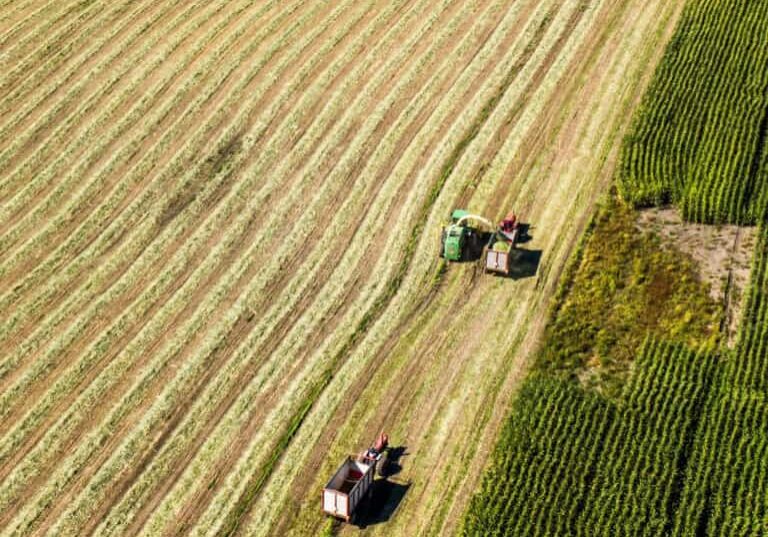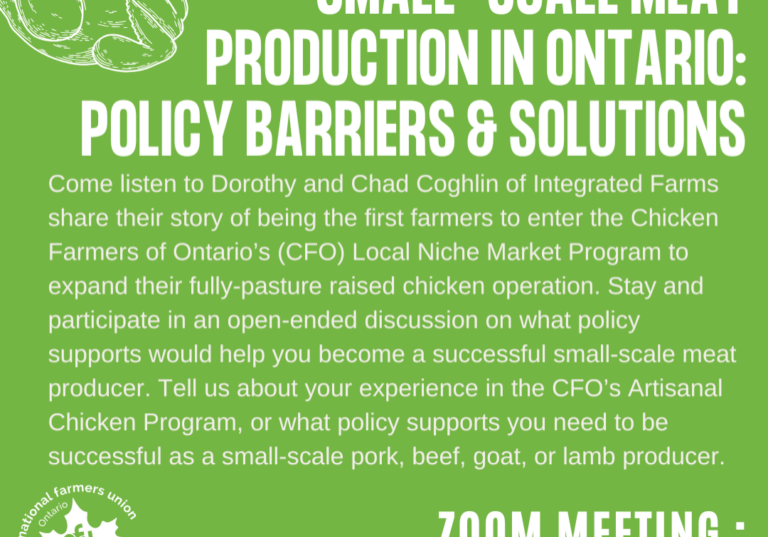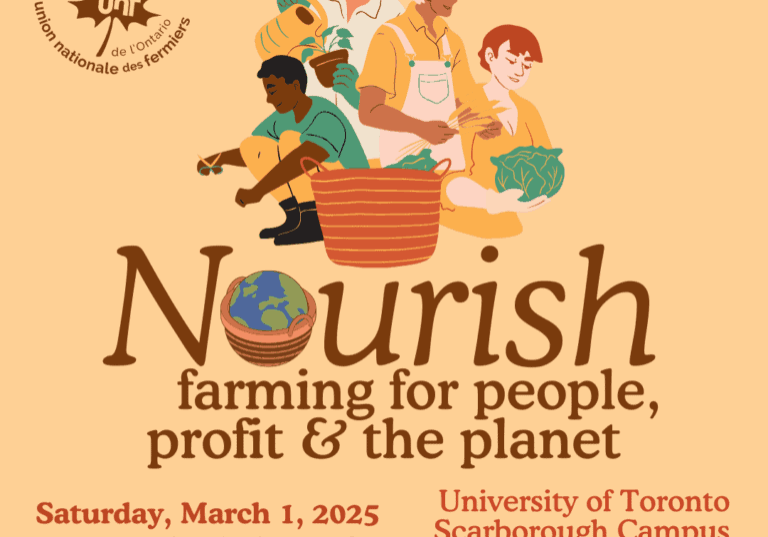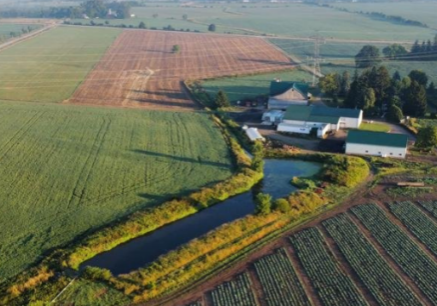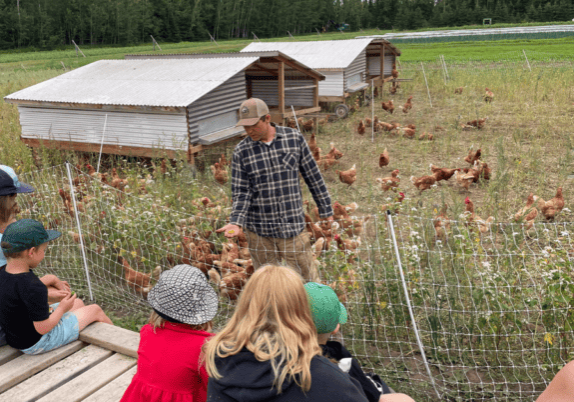Reflection and Resiliency in the New Year
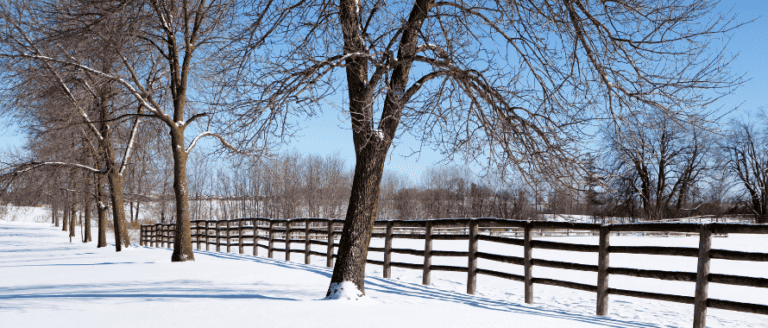
National Farmers Union – Ontario Newsletter
The Rural Voice | January 2021
Happy New Y ear NFU-O members! We hope your holiday celebrations, though undoubtedly altered, were merry and bright nonetheless. The beginning of a new year offers time to reflect on the year now past and what a year it was. Though 2020 will be remembered through the tragic legacy of the coronavirus, we’ ve taken the time to do our own reflection and rather than dwell on opportunities lost, have decided to celebrate the NFU-O’ s accomplishments and resiliency in the face of a global pandemic.
2020 started off strong for the NFU-O, and in partnership with the Ontario Farmland Trust, we were able to offer five “Land Linking” workshops across the province, bringing together aspiring farmers and land holders to make connections and to have conversations about succession planning and the future of farming in Ontario. All five workshops were well attended, and we’ ve made plans to continue the series (virtually!) in 2021.
In early spring, as we became more aware of seriousness and the longevity of the pandemic’ s conditions, the NFU-O kept farmers front of mind and continued to advocate for policy at the provincial and federal level. The NFU-O played a crucial role in getting farmers markets recognized as an essential service and championed justice for migrant workers, as we saw some of the country’ s worst outbreaks take place on Ontario farms.
Amidst the hullabaloo, the NFU-O embarked on the Ontario Farm Labour Project. This ambitious study, through consultation, research, surveys of farmers and their workers, and stakeholder engagement, focuses on the labour needs of, and policy solutions for, small and medium- sized sustainable farms. Our data demonstrates that 70 per cent of sustainable farms who employ paid workers experience labour shortages and 63 per cent of farm operators reported that the COVID-19 pandemic impacted their labour needs. The project has allowed us to paint a clearer picture of the labour crisis which will enable us to imagine policy solutions, grounded in the real needs of Ontario farmers. A full report of the Farm Labour Project will be available in the Spring 2021.
In response to the concerns of Ontario livestock farmers, the NFU- O also began an investigation into the causes of the capacity shortage at provincially licensed abattoirs. Conversations with over one-third of provincially licensed abattoir owners across the province revealed that long wait times (with more than 60 per cent of abattoirs booking at least six months in advance) was the result of labour shortages and burdensome regulations. This included: an overload of paperwork, inconsistent expectations from inspectors, strict food safety regulations that may be unrealistic for small to medium-sized plants, and steep fines that are enough to put the abattoir out of business. The NFU-O Livestock Committee presented their findings to Minister Hardeman at the beginning of November and look forward to working with the ministry to address this issue in 2021.
To all our members who took our calls, who participated in national convention virtually, and who have learned Zoom alongside us: your patience and support has been essential to all of our successes in 2020. Though the COVID-19 pandemic has come with hardship and loss, it has also exposed vulnerabilities in the Canadian food system that many farmers have been aware of for decades. The NFU-O will continue to work for you, and with you, as we reimagine and rebuild our agriculture and food systems for the COVID-19 recovery in 2021. From the bottom of our hearts, we thank you.
Click here to view the PDF version.
A subscription to The Rural Voice is one of the benefits of being an NFU-O member
